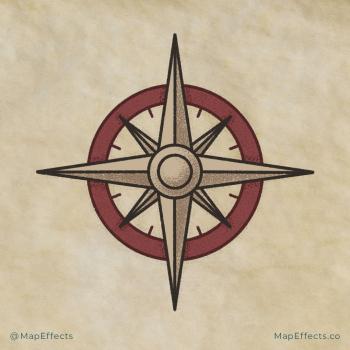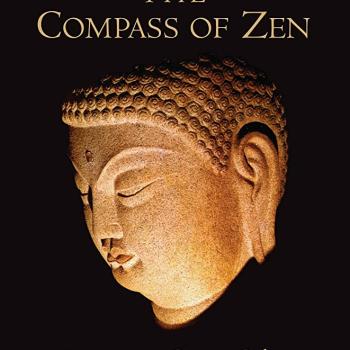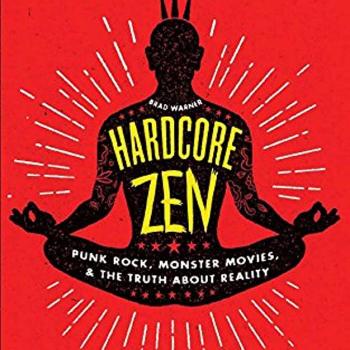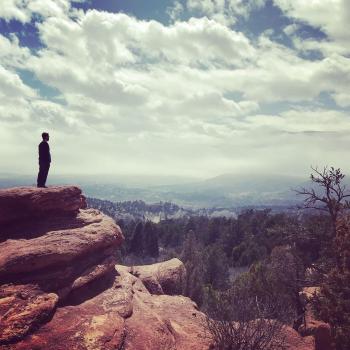This is a passage from a teaching by Master Han Shan called “The Maxims.”
Why are certain material objects so treasured? A gem is virtually useless and a gilded scabbard is no better than a plain one.
Man decides that gold is valuable because it is rare and enduring and brilliant. He then thinks that if he possesses gold he, himself, will become rare or unique, that his individual worth will endure, and that he also will be considered a rather brilliant fellow. So obsessed he may become with these foolish notions that in trying to obtain gold, he will destroy the very life he is trying to embellish.
In the darkness of delusion the unenlightened believe that they can glorify themselves by reflecting the qualities they have assigned to their possessions. Those who live the enlightened life readily discern that the qualities of an object are not transferred to its possessor. A heap of treasures piled in their path will not obstruct their vision. They can see right through them. Gold in the pocket is not gold in the character.
17. Look at people who keep tigers as pets. Even while they’re laughing and playing with them, in the back of their minds they’re afraid their pet will suddenly turn on them. They never forget how dangerous tigers are.
But what about people who lust after possessions, indulging themselves with one acquisition after another. They remain completely unaware of any danger.
Yet, the tiger can eat only a man’s flesh. Greed can devour his soul.
Han Shan is telling us to think about the things that are important to us, the possessions that seem really meaningful. We can take some real time to think about the things we think of as valuable. There are many things that we might think are important only because it’s what we’ve learned.
Is gold better than silver? Well, it’s more expensive. Do we like gold because it’s actually meaningful or is it a useless chunk of metal that people have always told us is important.
I once saw a t-shirt that said, “Diamonds: Because Money=Love”. I think there’s a lot to that and here’s why: we’re told diamonds are valuable because they’re beautiful and rare. But if we think about it we know that fake diamonds are usually just as beautiful as real ones AND the rareness is artificial. The companies that sell you diamonds are making them scarce on purpose.
One more example from the world of capitalism. There was this guy who owned a vodka company. He was selling vodka and it was going kind of okay, but he wasn’t having the success that he wanted. And he came up with a plan that worked. He tripled the price and was able to create the image that his vodka was better than the others because it was fancier and more expensive. There was nothing *better* about it. The only thing that set it apart was the price tag. It’s called Grey Goose and lots of people buy it because it makes them feel important.
There so much delusion around material possessions. We try to own so many things. And sometimes we’re consumed by our desires for more. And a lot of the time the things we own end up owning us. We can really wreck our lives trying to own all the best things. How many of us have gotten into trouble with debt because we’re trying to consume so much? Getting more and more is what the modern world seems to be about much of the time.
This is a fundamental truth: when you are unaware of your surroundings, when your attention is fragmented and you aren’t seeing your true nature, when you feel like you aren’t good enough…it’s really easy to sell you stuff. And everyone that’s trying to sell you stuff knows this.
That is how the Buddhist path is tied to all of this. The delusions caused by greed and attachment to things affect us a lot more than we realize. We are so often consumed and destroyed by greed. Our practice can help us.
———————————————————












